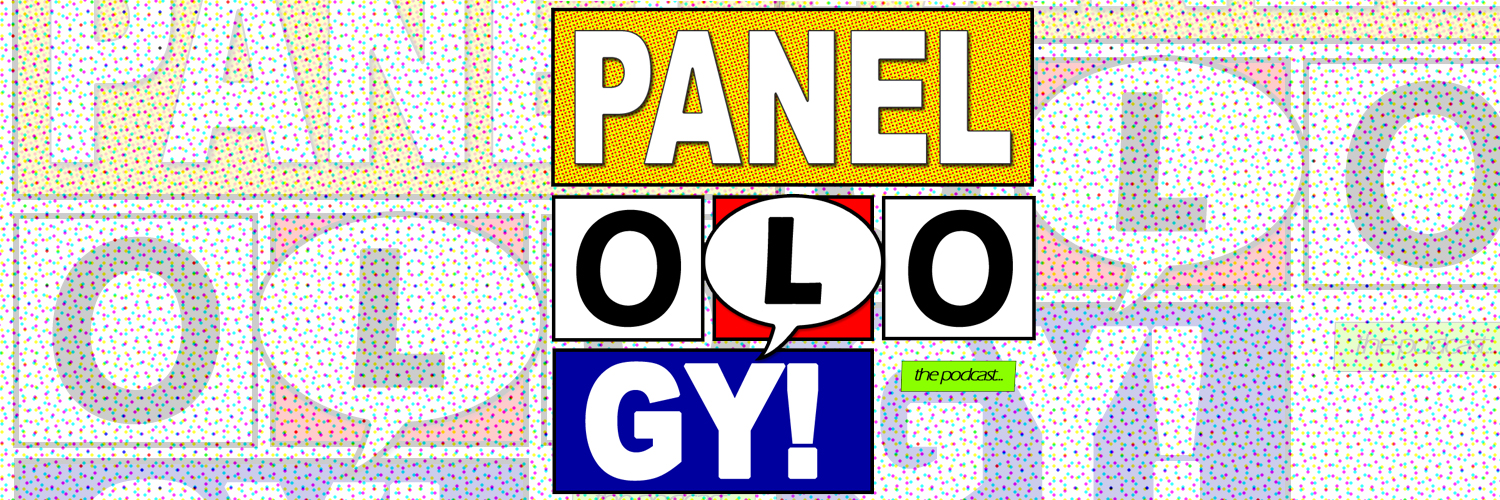Somewhere, all the cool kids ride scooters.
At least, that's the case in the world of Scooter Girl. Cool guy extraordinaire Ashton Archer could get away with murder if he wanted. Until he tries to get the attention of a cool, attractive girl who scoots by. But when the more he wants to impress Margaret, the more his life as a rich, chauvinist player collapses. Especially once she catches onto his love-'em-and-leave-'em lifestyle and starts fighting back.
I dug watching Margaret torment Ashton—which usually boiled down to showing up and letting his own natural ridiculousness take over. All it takes for him to stop being cool and to turn into a bumbling buffoon is to know she’s in the room. Writer/Artist Chynna Clugston Flores hangs much of the book on perceived coincidence; Ashton narrates himself, so anytime he loses his cool around Margaret, he takes it as circumstantial. It’s never his own fault. By his account, she’s cursed—at one point, he becomes convinced that she’s actually part of a curse placed by a coven of witches upon his family to punish them for their licentious behavior. Turns out, it’s pretty easy to become a (bigger) monster when you act like your behavior is someone else’s fault.
Flores’s stylized, stylish, mod art is solid, but her layouts are her secret weapon. The book looks good, and the script is clever. But those layouts dictate pacing masterfully. Loose, panel-less pages of images that flow into one another move quickly, covering a lot of ground. More structural pages slow the eye, keeping the reader grounded until the scene needs to move again. Scooter Girl can go from introspective to manic in a beat, drawing the reader into Ashton’s crazy before they realize what's going on.
After reading Scooter Girl, its influence on other creators is inarguable. It is stylish, it focuses on subculture, and it is a relationship comic at its core. Oh, and Ashton is in sore need of self-awareness. I can see elements of it in Scott Pilgrim, which O’Malley must have been working on at the same time that he lettered this book. I have only scratched the surface of Phonogram, and if that influence is not clear enough, Jamie McKelvie has acknowledged Scooter Girl’s impact on his work. Even if you don’t find tracing creators’ influences interesting, this book is still a fun read and worth checking out. Especially if you like those things that have taken a note from this book.
Collected in
- Scooter Girl (#1-6)
Credits
Writer: Chynna Clugston Flores | Artist: Chynna Clugston Flores | Colorist: George Kambadais | Letterers: Bryan Lee O’Malley with Christopher Butcher

